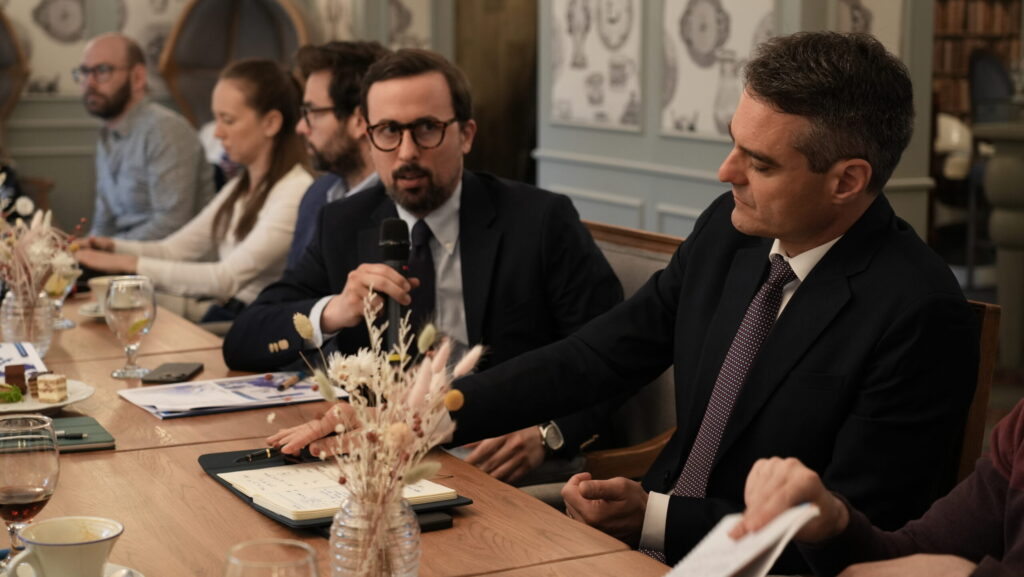
Oeconomus Economic Research Foundation has presented its annual Oeco-Index, an objective and comprehensive indicator of economic development. According to the index, Hungary ranks 18th in the European Union and 35th globally, outperforming countries such as China, Russia, and Italy.
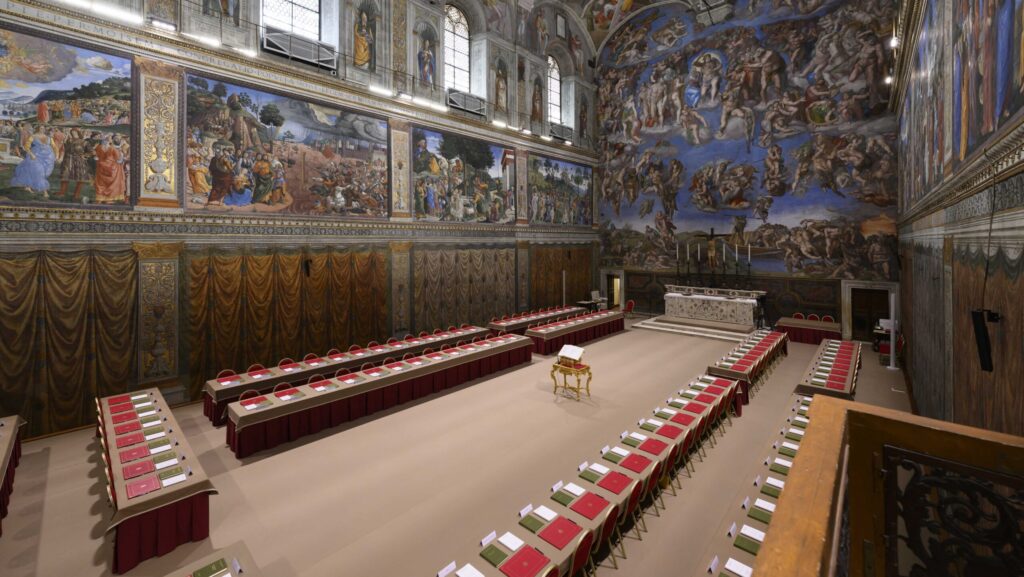
‘Perhaps we will feel the Holy Spirit working in the Sistine Chapel,’ Cardinal Péter Erdő said in a video message posted on Facebook. The Archbishop of Esztergom and Budapest addressed believers as the College of Cardinals gathered in the Sistine Chapel to elect the new pope.
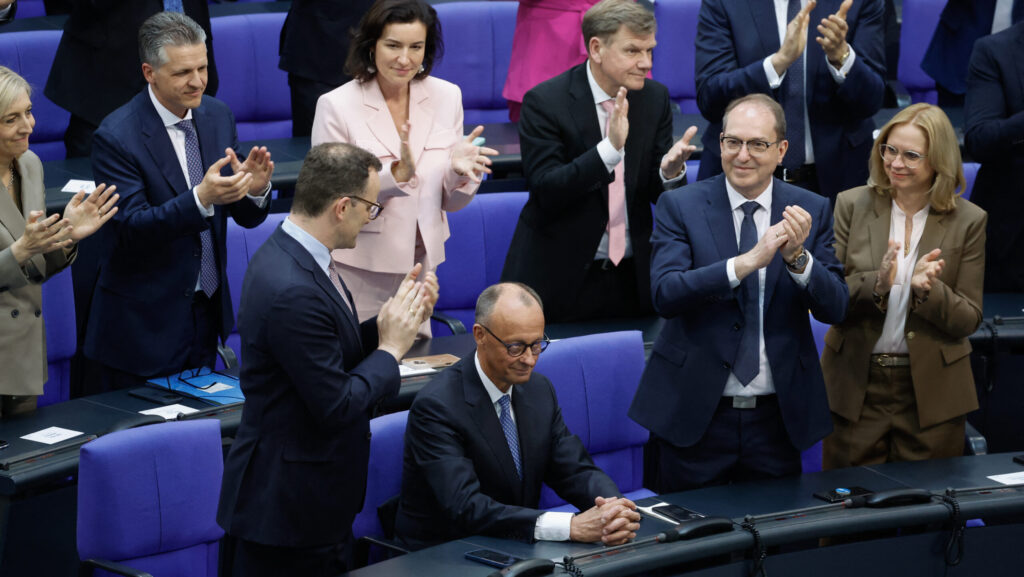
The Bundestag has elected CDU leader Friedrich Merz as Chancellor of Germany in a second round of voting, following a historic failure to secure an absolute majority in the first round. Falling just six votes short, Merz became the first chancellor-designate in the country’s post-war history to require a second vote.
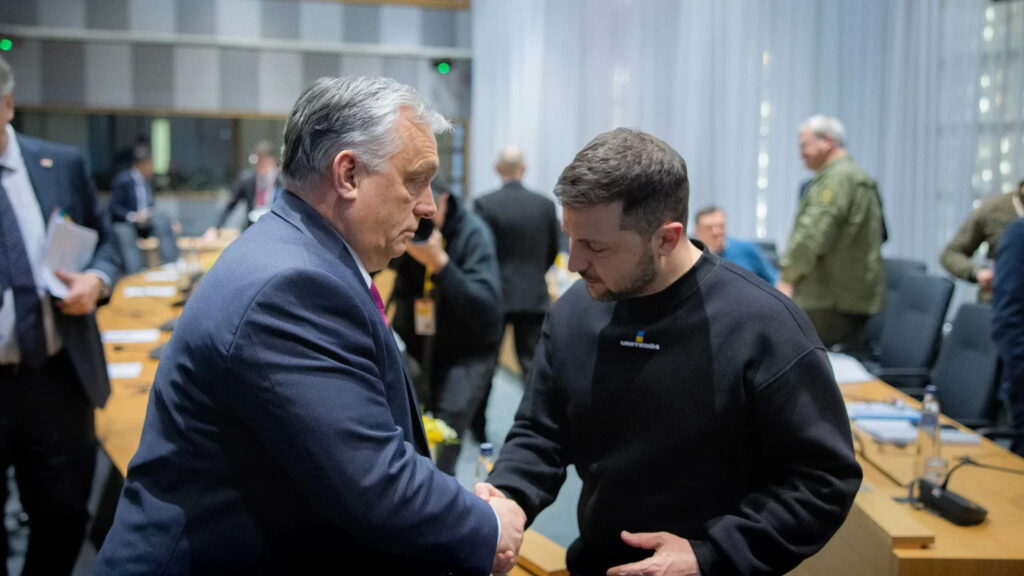
Ukrainian President Volodymyr Zelenskyy claimed that an overwhelming majority of Hungarians—around 70 per cent—support Kyiv’s EU bid, citing an ‘open survey’ conducted by the Hungarian opposition. While this claim is factually incorrect, Zelenskyy also issued a veiled threat to Hungarian Prime Minister Viktor Orbán, warning him not to block Ukraine’s accession or face consequences.
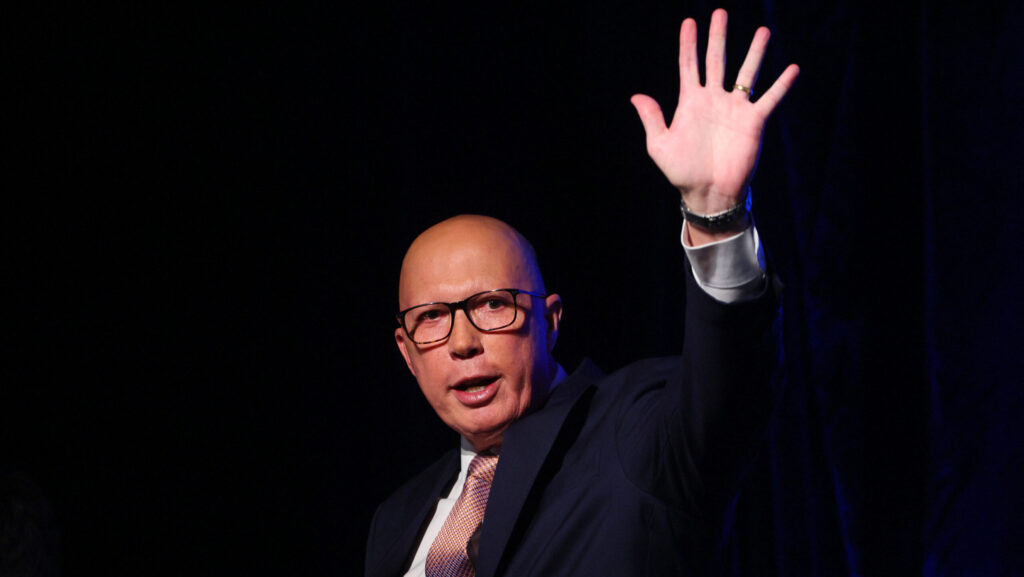
After the Canadian Conservatives faltered in last week’s federal election—amid a campaign dominated in its final months by US President Donald Trump’s tariffs—, Australia witnessed similar electoral dynamics, as the Liberal–National Coalition led by Peter Dutton lost to incumbent Anthony Albanese’s Labour Party in what had long seemed a certain win for the opposition.
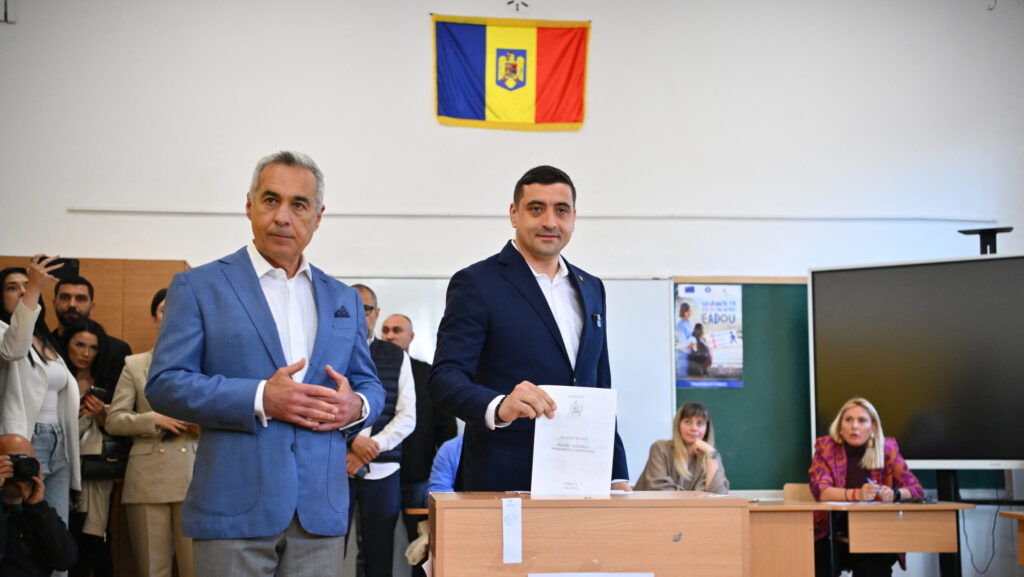
George Simion, candidate of AUR, won the first round of Romania’s presidential election, finishing ahead of Bucharest Mayor Nicușor Dan. The two will face off in the second round on 18 May, as the country grapples with the most serious democratic crisis in its modern history following the constitutional court’s annulment of the previous presidential results last December on questionable grounds.
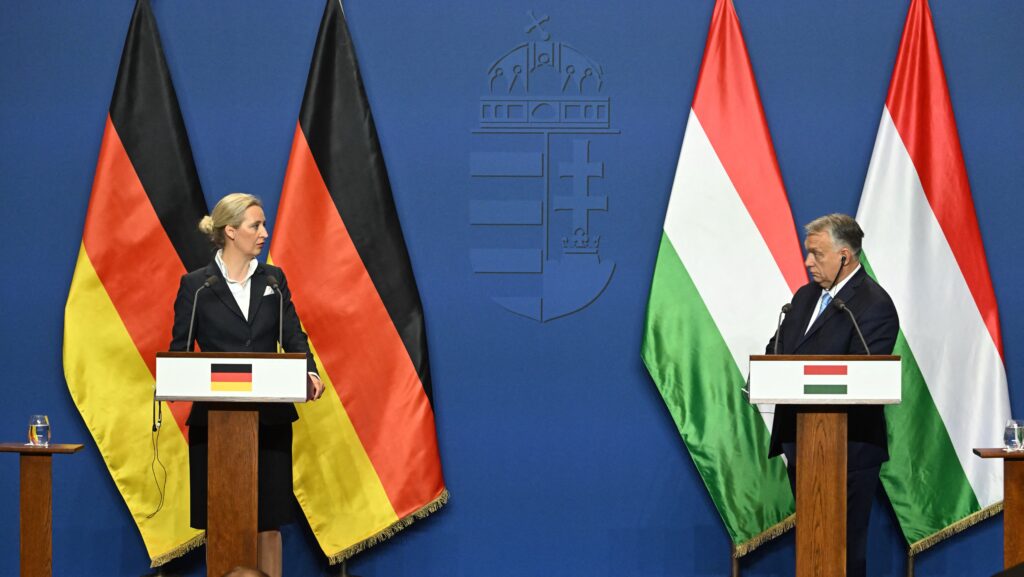
Viktor Orbán, JD Vance, and Marco Rubio were among those who criticized the decision by Germany’s domestic intelligence agency to officially designate Alternative für Deutschland (AfD) as a ‘proven right-wing extremist’ party. The ruling grants the BfV expanded surveillance powers against what is currently the largest party in Germany.
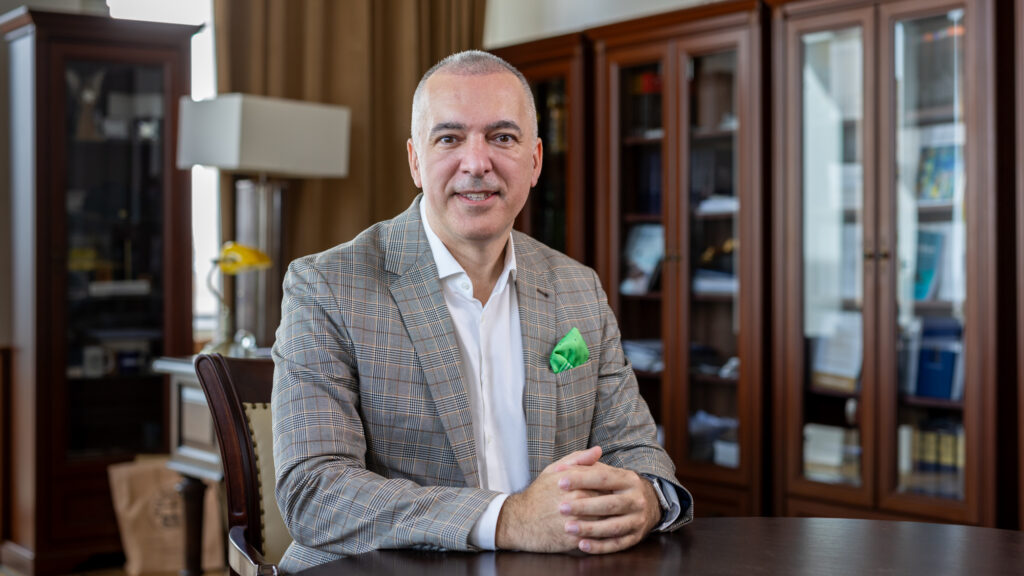
‘It is vital for the future that American companies do not see Hungary as a mere independent market, but as a regional hub with 120 million consumers from Poland to Greece,’ Martin Zsarnóczky stressed in an interview with Hungarian Conservative. The President of the American–Hungarian Chamber of Commerce in New York explained that their goal is to support the presence of Hungarian and European firms in the US market.
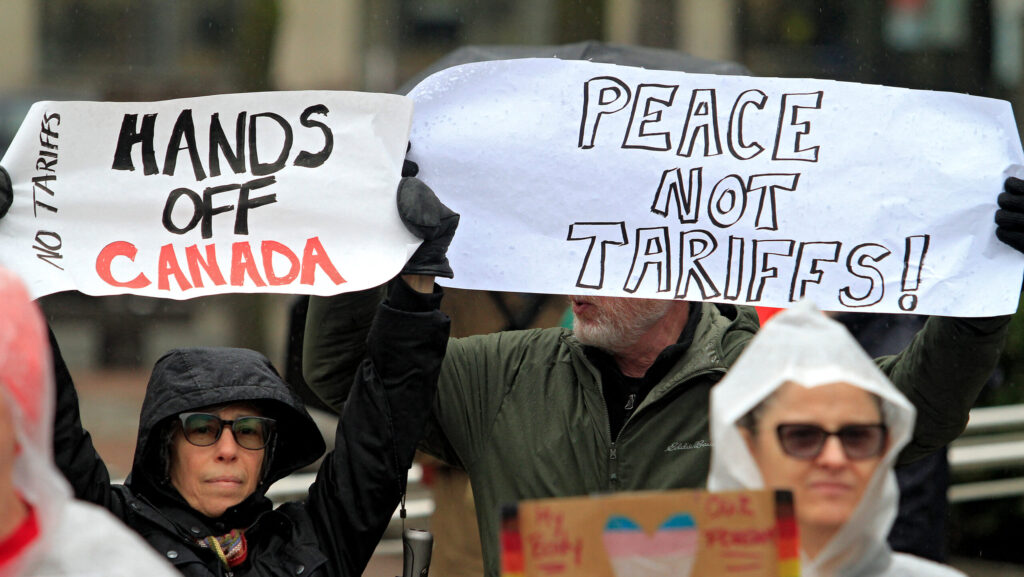
‘President Trump’s confrontational approach to reshaping the global economic order has inadvertently revived support for elites, institutions, and incumbents—undermining populist conservatism around the world,’ noted Samuel Duncan, a senior Canadian conservative adviser, in an interview with Hungarian Conservative. Reflecting on the recent election results in Canada, Duncan emphasized that conservatives globally must recalibrate their strategies to respond effectively to these developments.
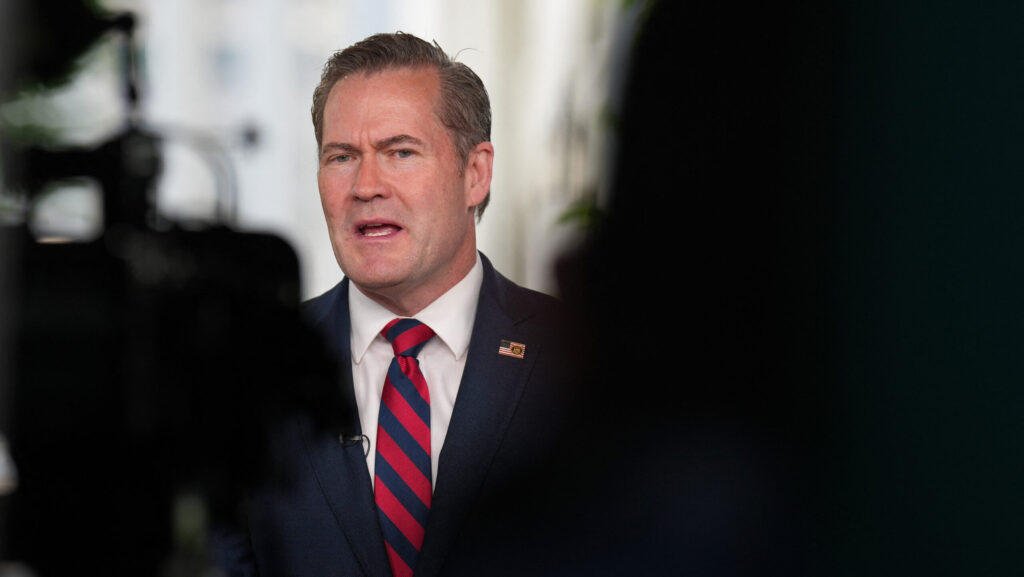
US President Donald Trump has confirmed that National Security Adviser Michael Waltz will step down from his post to serve as the next United States Ambassador to the United Nations. This marks the first major reshuffle of the administration, with Special Envoy to the Middle East Steve Witkoff seen as a possible successor to Waltz.
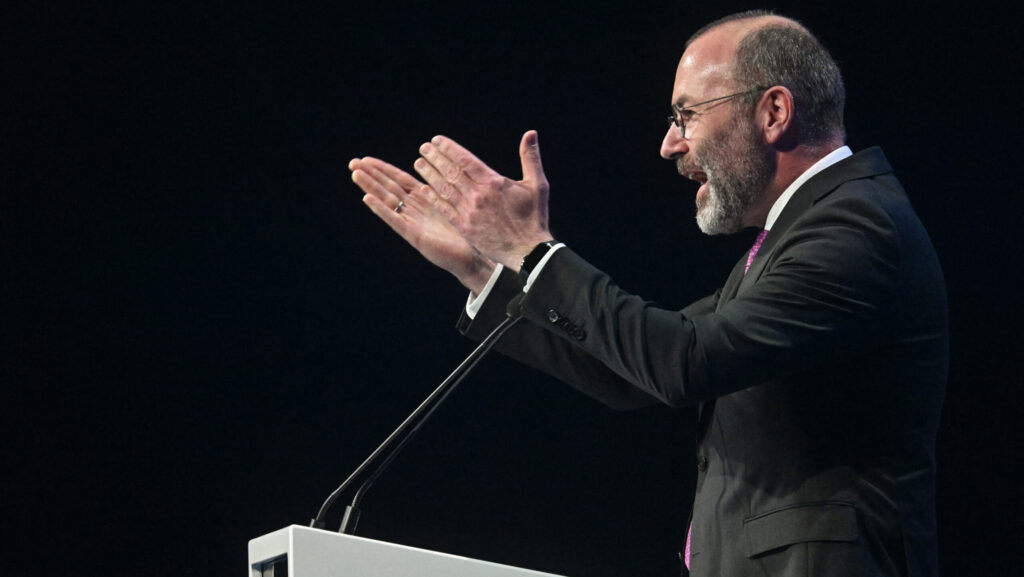
In a speech marked by boastfulness and distortion, re-elected EPP President Manfred Weber, while repeatedly attacking Hungarian PM Viktor Orbán, delivered a clear message to Hungary ahead of the 2026 elections: those who join the EPP are expected to strictly follow his political line, including military, financial, and political support for the war in Ukraine and Kyiv’s fast-tracked EU accession.
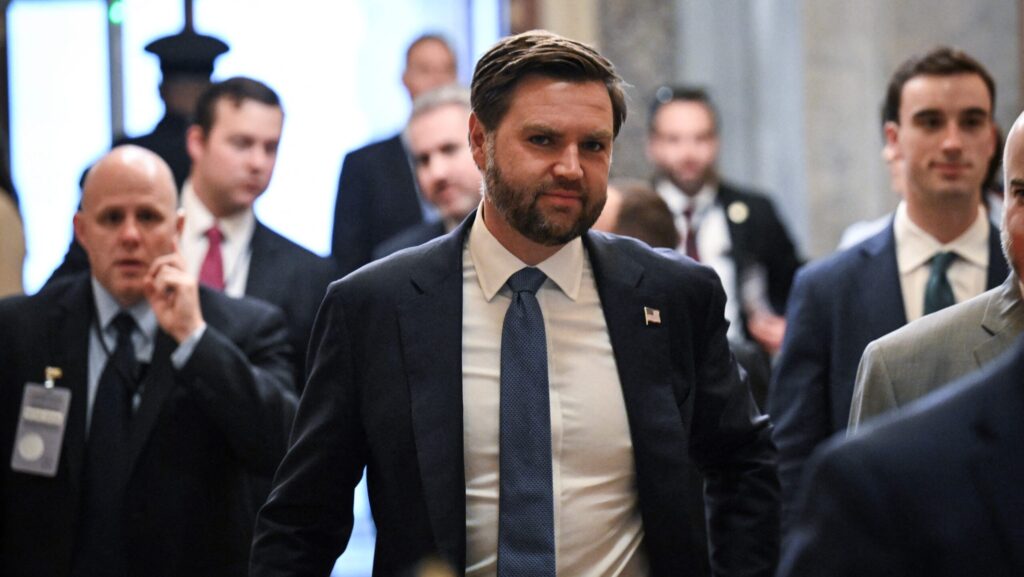
American conservative author Rod Dreher joined the Danube Institute’s new podcast, where he shared personal insights into his long-standing friendship with JD Vance and discussed the recently premiered documentary based on his 2020 book Live Not by Lies.
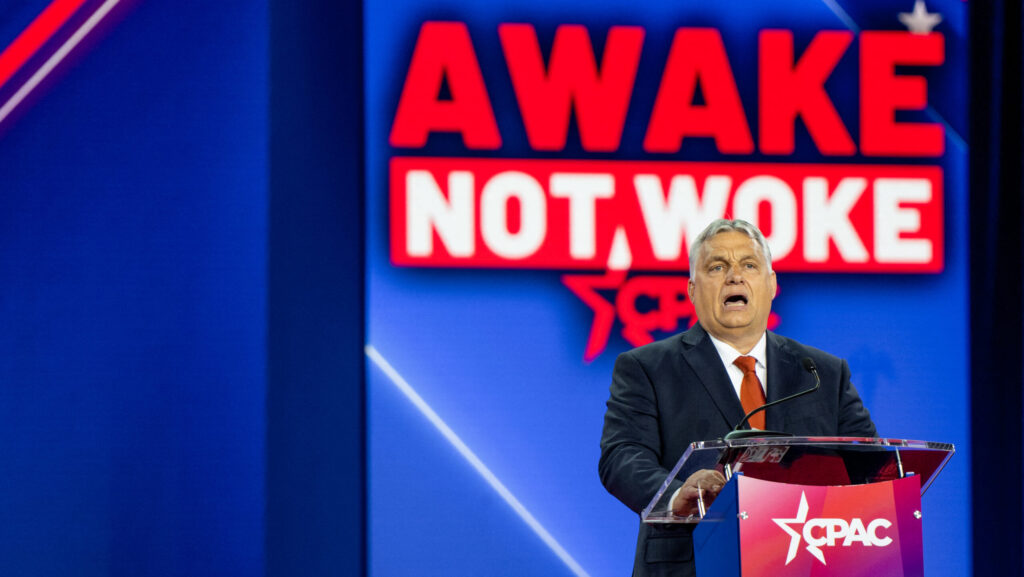
‘Illiberal democracy is more than a political model; it is a value proposition for the post-liberal era,’ political director to the Hungarian Prime Minister Balázs Orbán emphasized in a recent opinion piece published on Index. In the article, he argues that illiberal democracy offers a functioning alternative to what he describes as increasingly anti-democratic liberalism.

Leading the polls for more than a year until just one month before the election, Pierre Poilievre’s Conservative Party ultimately lost Monday’s snap election in Canada. The Liberals, led by Mark Carney, will form a government for the fourth consecutive time after an election largely shaped by US President Donald Trump.
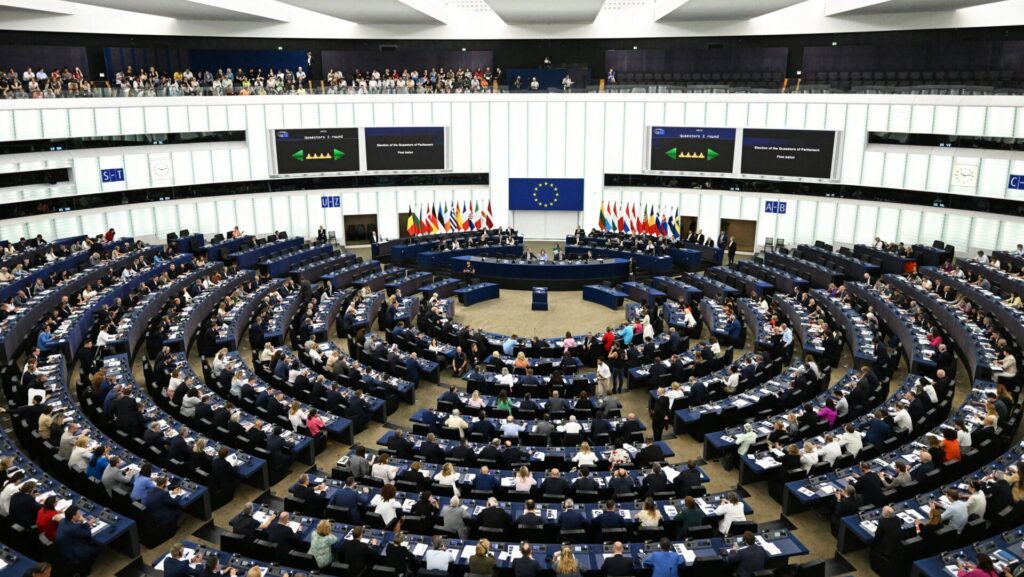
A recently passed law now requires Members of the European Parliament to submit asset declarations in Hungary, in addition to those already required in Brussels. The legislation aims to promote transparency—a mechanism that, as recent corruption scandals have shown, is in poor condition within the European Union.
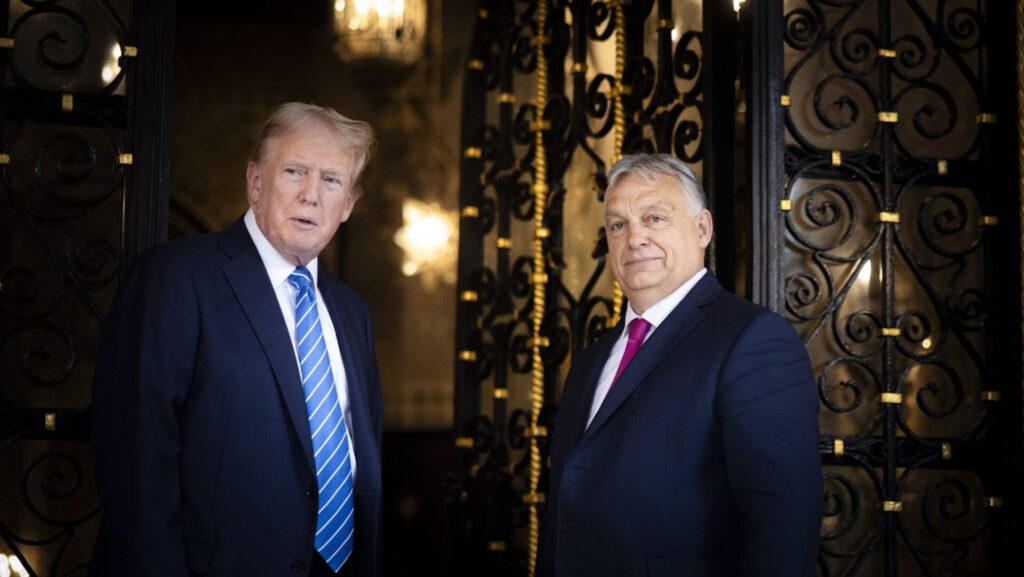
Donald Trump has now been in office for 100 days—an important milestone in any presidency. As a close ally, Hungarian Prime Minister Viktor Orbán and Hungary had high expectations of the Trump administration. But what has actually materialized? In this article, we take a closer look at the first 100 days of Trump’s second term through the lens of Hungary.
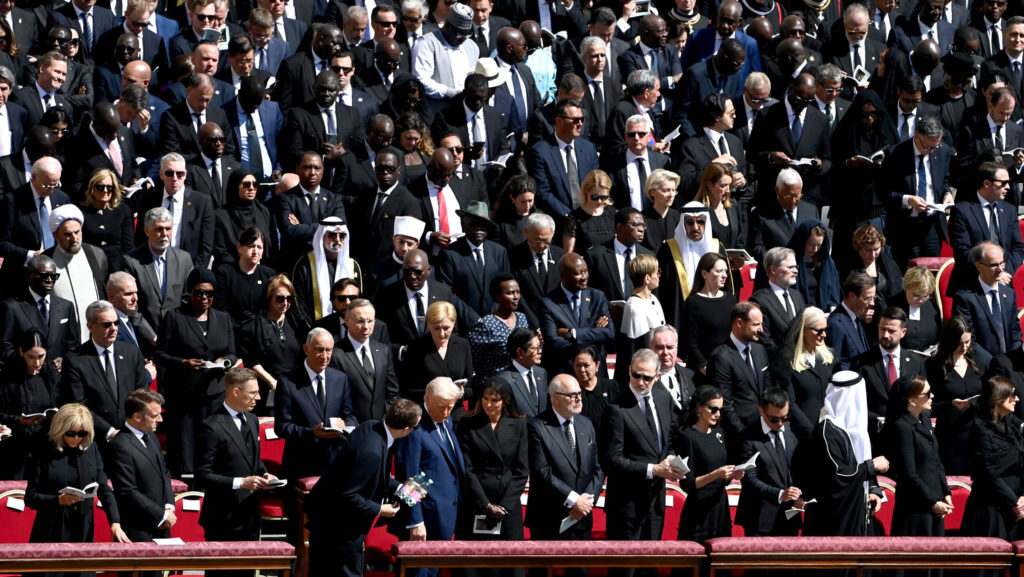
After Pope Francis’ funeral on Saturday, articles and social media posts about Donald Trump wearing a blue suit flooded the internet, accusing the US president of intentionally breaching protocol and disrespecting the late pope by not wearing black. The wave of outrage was triggered by Fortune, which deliberately misled the audience with a manipulated cover photo and a suspicious headline.
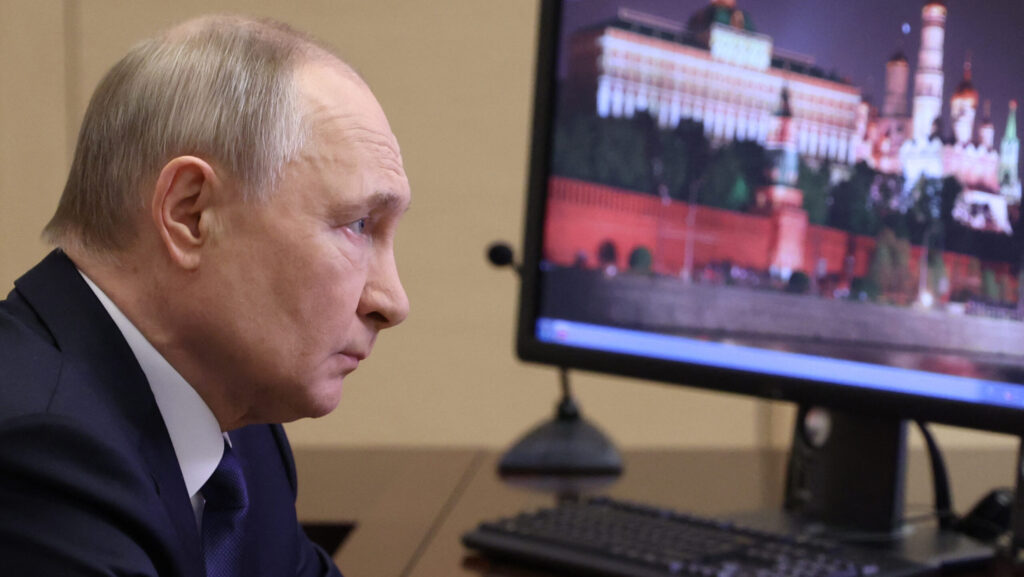
Russian President Vladimir Putin has announced another temporary ceasefire in the war in Ukraine, this time to mark Victory Day—the defeat of Nazi Germany in the Second World War. The truce will last for three days, from 8 May until midnight on 11 May.
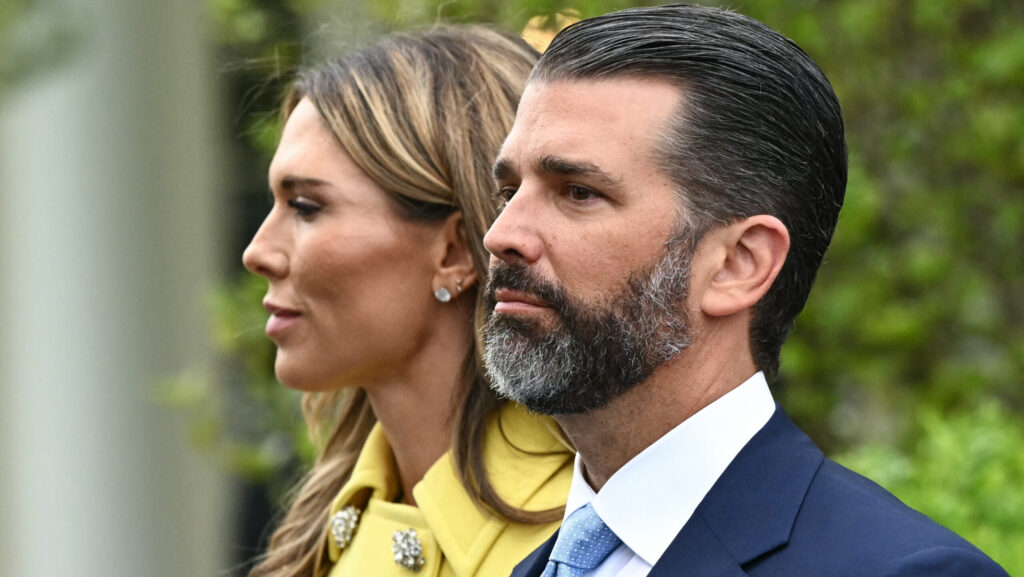
Speaking at the Trump Business 2025 Forum, Executive Vice President of the Trump Organization Donald Trump Jr praised Hungary and Prime Minister Viktor Orbán for defending Western civilization and serving the country’s national interests. The eldest son of US President Donald Trump also hinted at possible future US investments and cooperation in key sectors.

The Sarajevo court could bring new charges against Republika Srpska officials following a failed arrest attempt by a federal agency on Bosnian Serb leader Milorad Dodik on Wednesday. Federal authorities attempted to detain the president in the eastern part of the capital of Bosnia and Herzegovina; however, Bosnian Serb police prevented the operation.
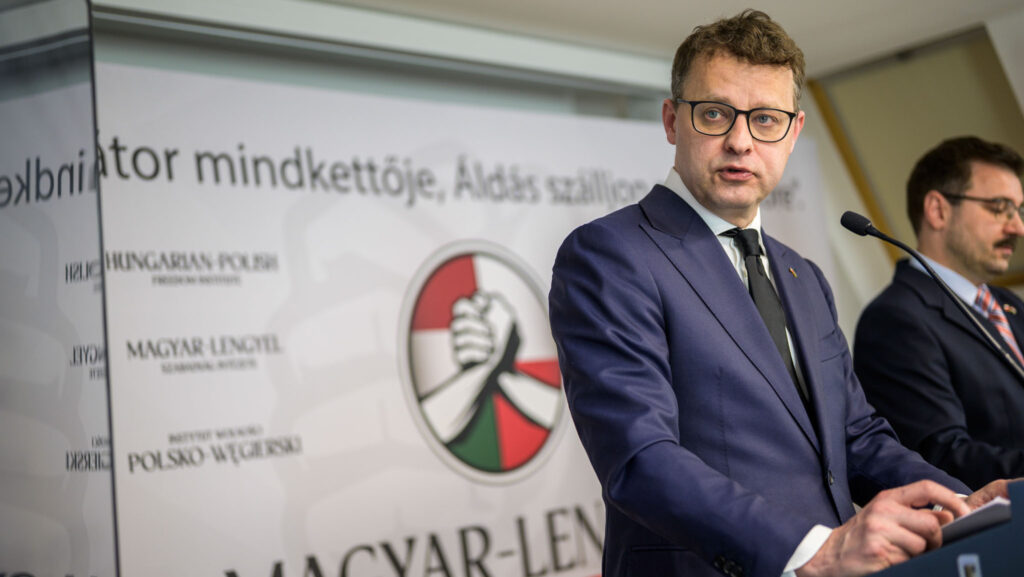
Director General of the Center for Fundamental Rights Miklós Szánthó announced the establishment of the Hungarian–Polish Institute of Freedom on Friday. The institute, led by politically persecuted former Polish Deputy Minister of Justice Marcin Romanowski, will focus on drawing attention to and providing transparency on how Donald Tusk’s government is dismantling the rule of law and democracy in Poland.

Hungarian Prime Minister Viktor Orbán will attend the funeral of Pope Francis on Saturday at St Peter’s Basilica in the Vatican. Orbán had a special relationship with the late pope, having met him on several occasions, most recently last December during his second peace mission to help end the war in Ukraine.
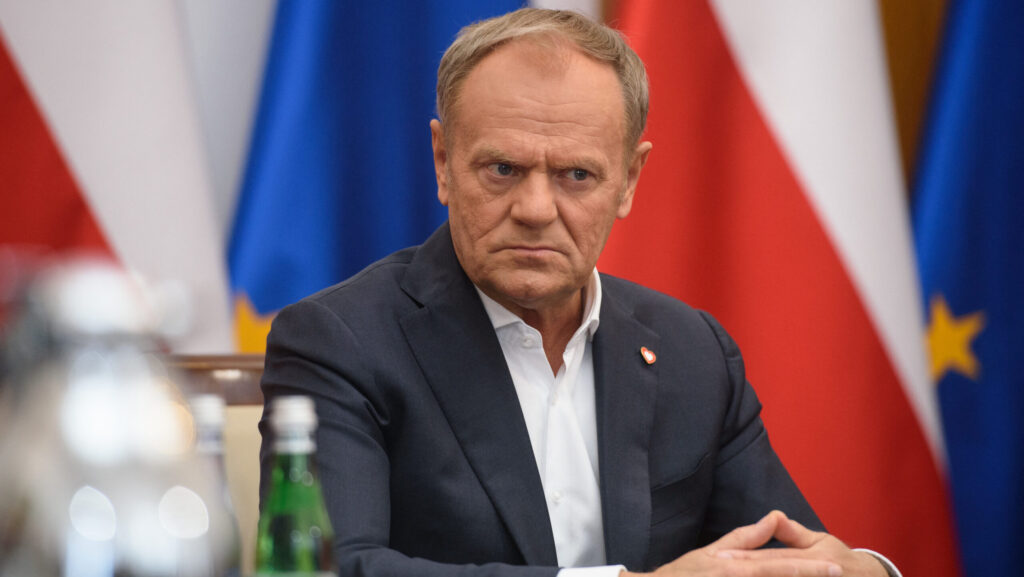
Polish PM Donald Tusk has been caught spreading disinformation on X, misleadingly portraying a recent speech by Hungarian PM Viktor Orbán as evidence that he is contemplating Hungary’s exit from the European Union. In doing so, Tusk appeared to be attempting to discredit the right-wing opposition PiS party—which maintains close ties with Orbán—just weeks ahead of the presidential election in May.

‘We are looking for companies capable of manufacturing humanoid robots,’ Hungarian Government Commissioner for Artificial Intelligence László Palkovics stated in an interview with Index. He recently visited Israel, where he met with many firms in the technology sector—meetings that, he said, could lead to partnerships elevating Hungary into the elite ranks of high-tech production.

The Democratic Party of Korea is reportedly exploring ways to incorporate incentives similar to the Hungarian approach on family policy into its finalized policy package ahead of the presidential elections in June. South Korea is among the countries most severely affected by demographic decline—a crisis already having negative impacts across multiple sectors.
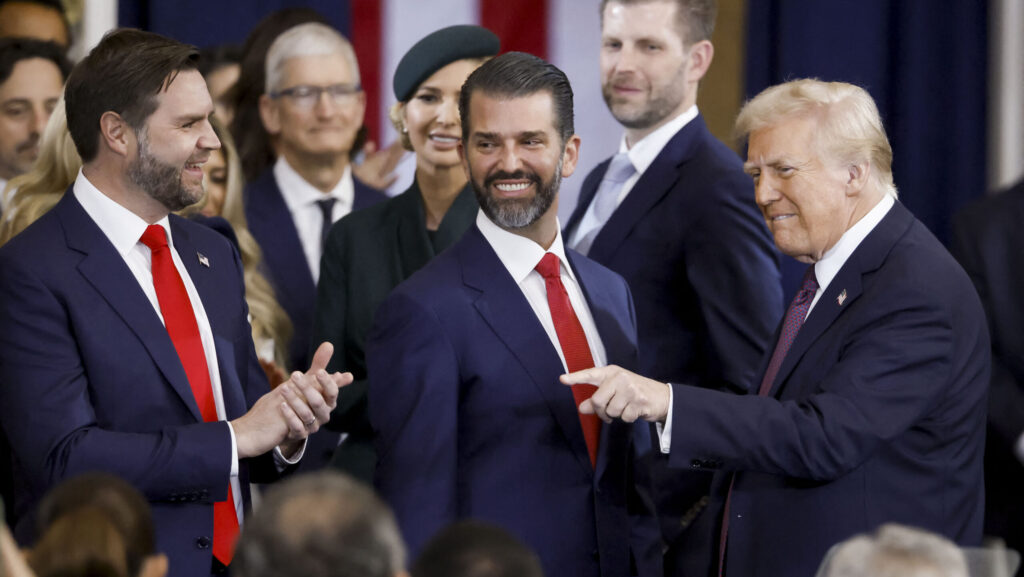
Donald Trump Jr, the eldest son of US President Donald Trump, is reportedly travelling to Hungary to kick off a regional business trip. The Executive Vice President of the Trump Organization is scheduled to meet Gellért Jászai of Hungarian telecommunications giant 4iG on Friday.
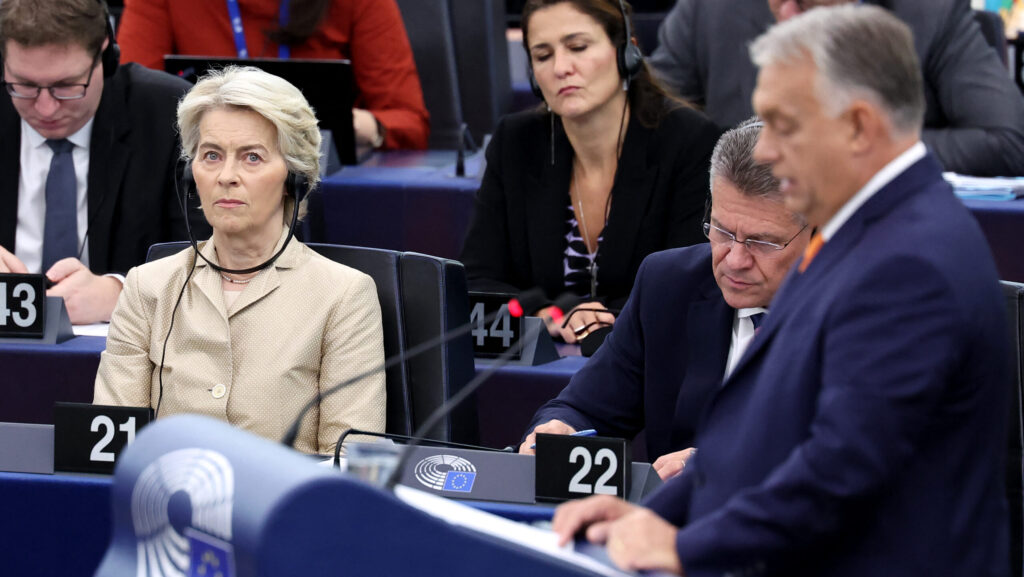
Penalties related to Hungary’s dispute with the European Commission over migration policy exceeded €500 million by mid-April. Following a verdict by the European Court of Justice, Hungary is obliged to pay €1 million per day—among other fines—until it implements legislation in compliance with EU law.
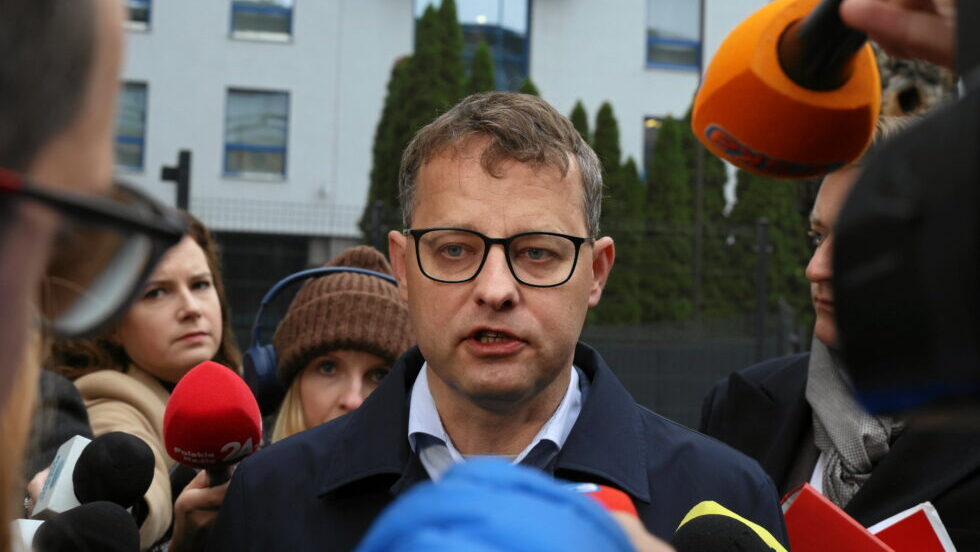
Interpol has refused to issue a red notice for former Polish Deputy Minister of Justice Marcin Romanowski, who is currently residing in Hungary after being granted political asylum in December 2024. The decision signals that the organization may view the prosecution against Romanowski as politically motivated.
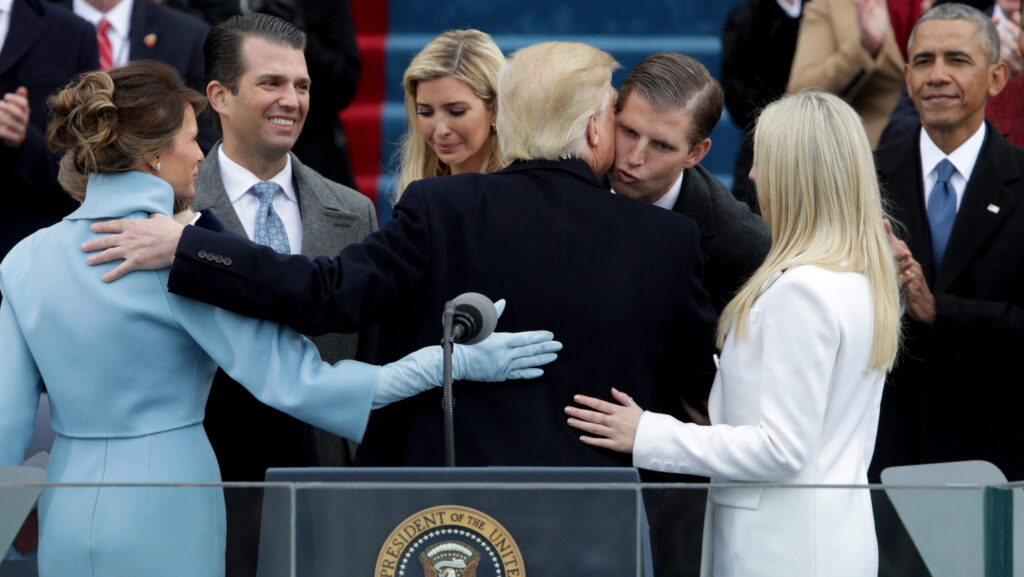
The draft family policy framework of US President Donald Trump’s administration has recently circulated in the media, with a $5,000 incentive for mothers—dubbed the ‘baby bonus’—stealing the spotlight. However, behind this lies a far more extensive and multi-layered approach, incorporating initiatives inspired by Hungary’s world-renowned and successful family policy model.

US President Donald Trump was among the first world leaders to announce that he will attend the funeral of the late Pope Francis on Saturday. Russian President Vladimir Putin, however, will not be present, and despite his close relationship with the pontiff, Hungarian Prime Minister Viktor Orbán will also skip the ceremony.